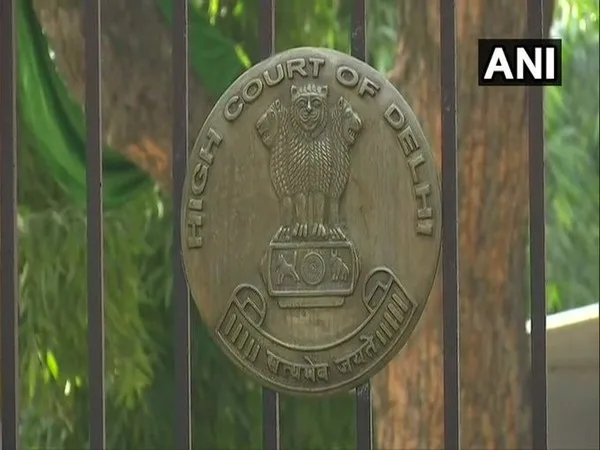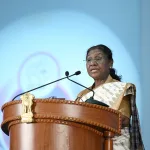This was stated by Solicitor General Tushar Mehta, who appeared for the Central Government before a bench led by Chief Justice DK Upadhyaya and Justice Tushar Rao Gedela.
Mehta explained that although the President has signed the Act, it hasn’t officially come into force yet. Once the government issues a formal notification, it will begin forming the authority and drafting the rules.
The judges pointed out that the law hasn’t officially taken effect yet, so the fears of petitioners are premature. They said the government is expected to establish the authority and create rules, and that it’s too early to assume otherwise.
Mehta assured the court that the government supports online gaming but intends to regulate money-based games due to issues such as addiction and mental health concerns.
The court emphasised that the law cannot be implemented until the authority is constituted and the rules are framed. The matter has been adjourned for hearing after eight weeks. However, no notice was issued in the matter.
The court was hearing a petition from Bagheera Carrom (OPC) Pvt. Ltd., a company that runs an online carrom e-sports platform. The company, represented by lawyers Harsh Jaiswal and Aadya Mishra, argued that the new law is unclear and unfair.
Bagheera Carrom (OPC) Pvt. Ltd. has moved the Delhi High Court to challenge the constitutional validity of the Promotion and Regulation of Online Gaming Act, 2025. The company, which has developed an online version of Carrom, argues that the legislation was enacted in undue haste, without stakeholder consultation, and in violation of fundamental rights, federal principles, and the doctrine of separation of powers.
The petition contends that the Act imposes a blanket ban on all forms of online money games, without distinguishing between games of skill and games of chance.
Carrom, the petitioner notes, is a game already recognised by courts as one of skill and is regulated offline by both the All India Carrom Federation and the International Carrom Federation.
Despite substantial investments in research, compliance, and safeguards such as ensuring a skill-based, algorithmic, non-betting platform with certification from the E-Gaming Federation, the petitioner claims its business is now at risk due to vague and overbroad provisions of the Act, the plea stated. (ANI)








